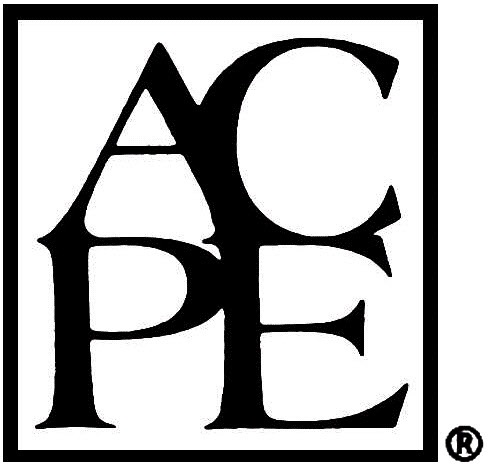
EAHP Congress - PRE-Evaluation and Learning Assessment Form:
|
ACPE UAN: 0475-0000-22-013-L04-P. A knowledge-based activity.
 |
The European Association of Hospital Pharmacists (EAHP) is accredited by the Accreditation Council for Pharmacy Education as a provider of continuing pharmacy education. More information: https://www.eahp.eu/congresses/acpe |